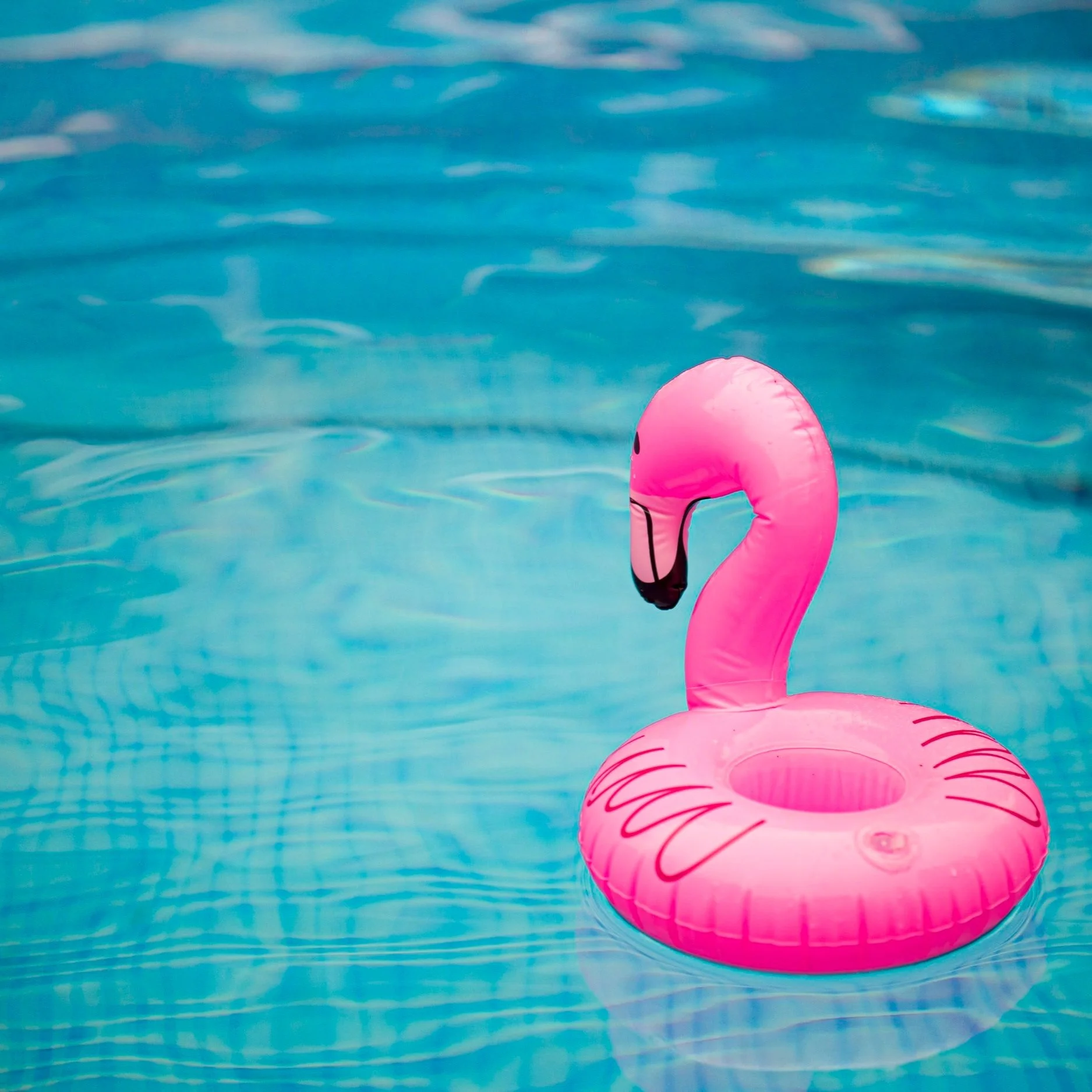Can a Pool Make a Swimmer Sick?
The pool season is one of the happiest times of the year, as homeowners and their families can enjoy a day of fun water activities. However, the swimming pool might not be as ready for the season as the swimmers.
The pool season is one of the happiest times of the year, as homeowners and their families can enjoy a day of fun water activities. However, the swimming pool might not be as ready for the season as the swimmers are.
Numerous factors affect the quality of pool water. Water contaminated with germs may cause problems, but the chemicals used to kill those germs can be equally harmful. Keep reading to learn if these factors can make a swimmer sick.
How can the pool water make a swimmer sick?
If the pool water gets contaminated, the swimmers risk contracting illnesses. The most common symptoms of swimming-related diseases are:
Diarrhea
Skin rash
Ear pain
Eye pain
Congestion or cough
Swimmers can catch swimming-related diseases by:
Swallowing or coming into contact with the contaminated water.
Breathing in aerosolized mists from germ-contaminated water.
Being in contact with chemicals used to maintain the pool.
Some germs naturally live in the water. If the homeowners fail to maintain the pool properly, these germs can grow to dangerous levels and cause various infections.
However, most germs from contaminated pools come from sick people using the pool.
The most commonly reported swimming-related illness is diarrhea. When an individual with diarrhea enters a pool, they can contaminate the entire pool and spread the disease to other swimmers.
If the chemical balance in the pool isn’t kept at optimum levels, the germs can multiply and lead to a swimming-related illness. While chemical agents used to kill germs help maintain a safe and healthy pool, they can also have an adverse effect.
How to prevent illnesses from pool water
Homeowners should take the swimming-related illness seriously and follow the necessary precautions to reduce the risk for swimmers.
Have a professional maintain the pool
Homeowners often don’t realize what proper pool maintenance entails. Simply skimming leaves and removing algae isn’t enough. A pool is well-maintained if the water has the right pH balance and is at optimum chlorine levels.
If the pH level is too high, the chlorine will be less effective at killing germs. In contrast, a low pH level can lead to pipe corrosion. The CDC recommends keeping the free chlorine levels to 1–3 ppm and the pH balance to 7.2–7.8.
Ideally, homeowners should maintain these levels year-round, emphasizing the period when the pool is most in use.
Properly maintaining these levels and regularly cleaning a pool is no easy task. Therefore, hiring an experienced and reliable pool service company is the best option. They will ensure that the pool receives proper care, thus extending its lifespan and making swimming safe and healthy.
Take safety precautions
Apart from having the pool professionally maintained and cleaned, homeowners can also take specific steps to reduce the risk of contracting a swimming-related illness.
Avoid swimming when sick.
Handle any fecal incidents immediately.
Avoid swallowing pool water.
Take a shower before swimming.
Dry ears thoroughly after getting out of the water.
Consider wearing earplugs or a swim cap.
Ensure that the swimming season is filled with fun and good health!
Dog Days Pool Service is a pool service company serving Clearwater, Safety Harbor, and all surrounding areas. We offer a wide range of pool services and pool repairs. Our team would love to hear from you! (727) 791-6012.

